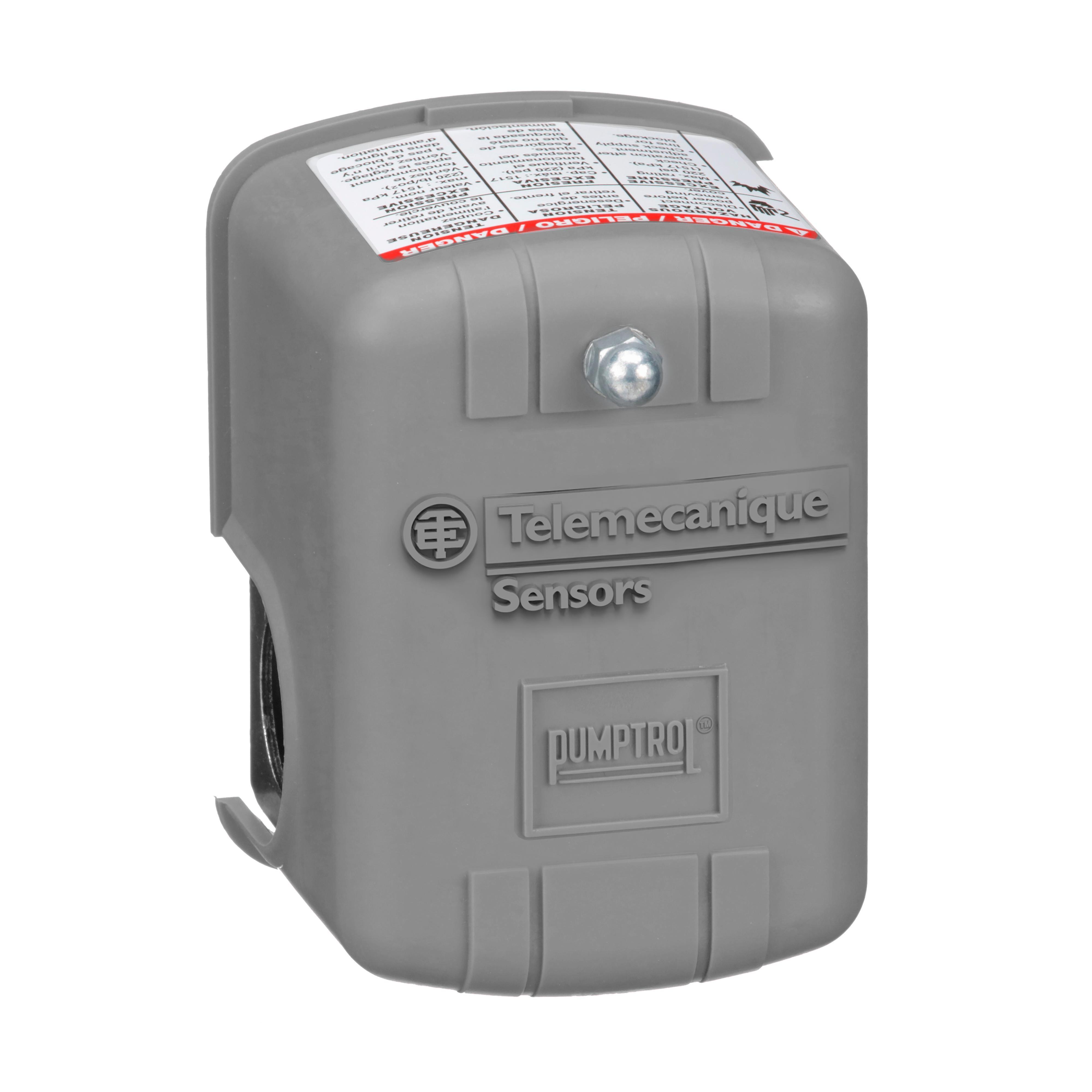How to Choose the Right Pressure Control for Your System
Posted on Wednesday Jan 22, 2025 at 06:46PM in Educational Resources
Updated date: August 12, 2025
How to Choose the Right Pressure Control for Your System
TL;DR
Pressure controls protect systems from overpressure and inefficiency.
Choose based on system type, environment, accuracy, and compliance.
NEC Article 760 mandates wiring separation; UL-listed models meet that.
Coastal Long Island humidity calls for corrosion-resistant enclosures.
Track installs with Revco’s job list tools for accountability.
Why This Matters
Get the wrong pressure control, and you’re not just wasting money—you’re risking failed inspections, downtime, and callbacks. Long Island’s coastal environment and strict AHJ enforcement mean you need devices that meet both performance and compliance standards.
Fundamentals
Pressure controls are devices that monitor and regulate system pressure to keep HVAC systems, air compressors, hydraulics, and pumps operating within safe limits. They prevent over-pressurization, reduce energy use, and extend equipment life.
Fact: Potter’s PS15 and PS25 supervisory pressure switches are UL-, cUL-, and NYMEA-listed, meet NEC Article 760 requirements, and include NEMA 4/IP66 enclosures for outdoor use in coastal environments.
Types of Pressure Controls
Mechanical Pressure Switches
Activate or deactivate circuits based on pressure thresholds. Common in HVAC, water pumps, and compressors.
Differential Pressure Controls
Compare pressure between two points to detect filter clogs or level changes—ideal for HVAC filtration and process systems.
Electronic Pressure Controllers
Provide digital readings and programmable control, used in industrial automation and manufacturing.
Fact: According to Ashcroft’s engineering guide, electronic controllers can improve system efficiency by over 15% compared to mechanical units in variable-demand systems.
Legal & Code Requirements
NEC Article 760 requires complete separation of power-limited and non-power-limited wiring. Devices like the Potter PS15/PS25 meet this requirement with dual-chamber designs.
Local AHJs in Nassau and Suffolk Counties follow the New York State adoption of the NEC, but may have additional environmental requirements due to salt exposure. Always confirm with the municipality before ordering.
Action Plan
Define system pressure range and application.
Evaluate environment. For Long Island jobs, prioritize NEMA-rated enclosures to resist corrosion.
Select control type. Use mechanical for simple on/off, differential for monitoring, electronic for precision and data logging.
Confirm compliance. Check for UL or cUL listing and NEC adherence.
Order from a trusted supplier. Use Revco’s Pressure Controls category for compliant models in stock.
Worked Examples
Compressor Room in Nassau County: Install a UL-listed mechanical switch with a 4 psi differential in a NEMA 4 enclosure to handle salt air.
Hospital Filtration in Suffolk County: Deploy an electronic differential controller with programmable alarms and corrosion-resistant fittings.
Implementation Notes & Pitfalls
Avoid unlisted devices—they will fail inspection.
Ensure wiring separation per NEC Article 760.
Check AHJ requirements before installation—rules can change mid-project.
Measurement Plan
Track installation hours, inspection pass rates, and device failures. Use your Revco online account to log equipment data in job lists for follow-up.
Troubleshooting & Mistakes
Miswiring voids protection.
Choosing a low-rated enclosure in coastal areas leads to early failure.
Incorrect setpoints cause wasted energy or system shutdowns.
Resources & Related Revco Pages
Transformers & power supplies to stabilize voltage supply
When to Escalate
If you encounter code conflicts or listing concerns, escalate to a compliance officer or contact the manufacturer directly.
Disclaimer
This article is for informational purposes only. Always consult licensed professionals and local AHJs before installation.
FAQ
1. What’s best for coastal Long Island environments?
Choose NEMA-rated enclosures with stainless hardware and corrosion-resistant finishes.
2. Can I install electronic controllers in wet areas?
Yes, if they are IP65 or higher and UL-listed.
3. Do I need differential controls for filters?
Yes, to detect clogs before they impact performance.
4. Does NFPA 72 apply to my project?
If tied to a fire alarm system, use a device like the Potter PS25 that meets NFPA 72 standards.
5. How do I handle NEC updates mid-project?
Always verify the latest NFPA 70 before proceeding.
About Revco Lighting & Electrical Supply
Since 1978, Revco Lighting & Electrical Supply has been helping professionals bring their projects to light—literally. As a go-to source for lighting and electrical products across Long Island, NY and nearby areas, we specialize in supporting contractors, builders, and industry experts with practical solutions and dependable service. Whether it’s a complex commercial build or a simple residential upgrade, we’re here to make sure you have what you need, when you need it.
